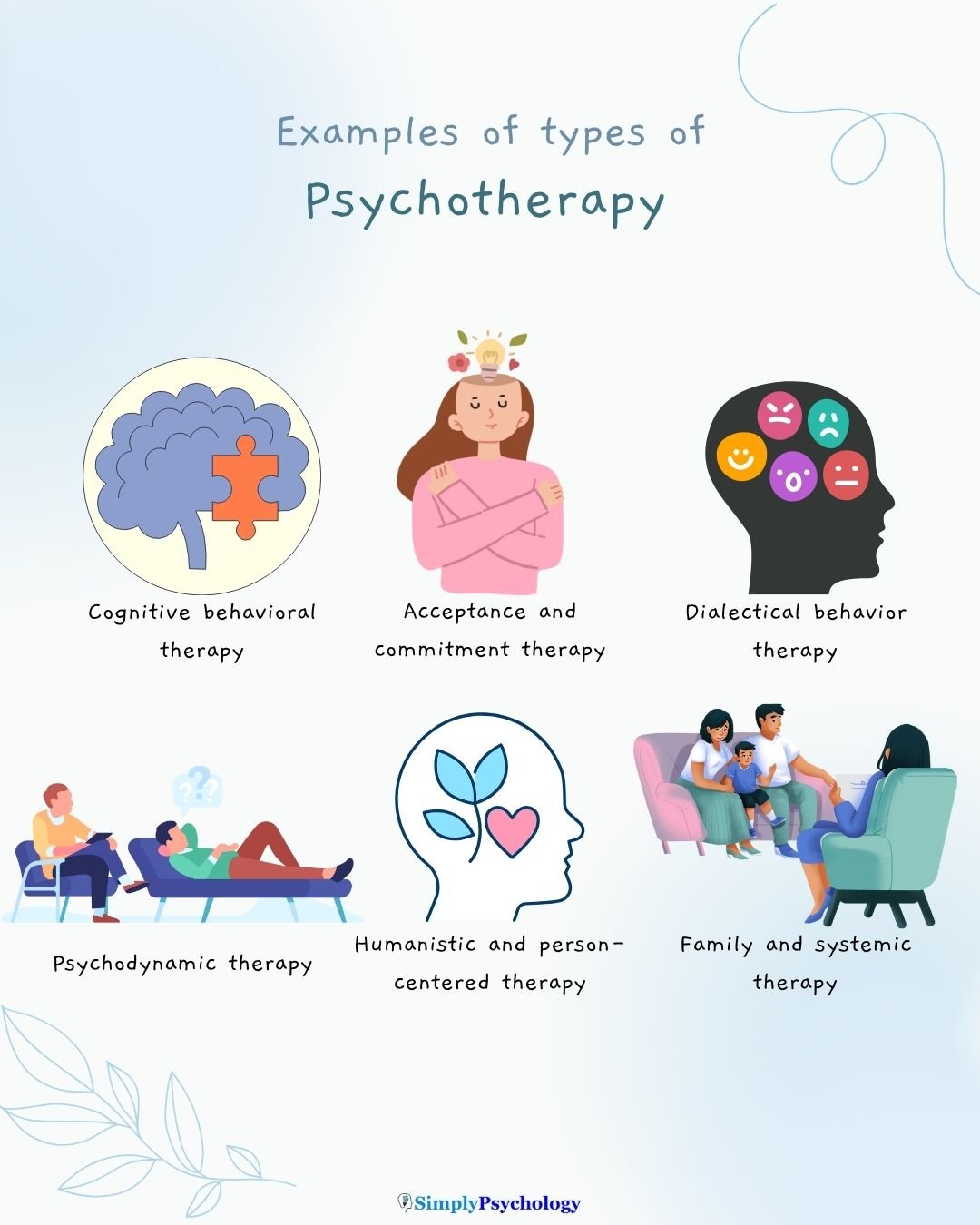low cost therapy online: Overlooked Opportunities for Mental Wellness
Exploring the Advantages of Virtual Therapy in Modern Mental Healthcare
The increase of virtual therapy marks a considerable change in mental healthcare. It provides improved ease of access, permitting individuals from varied backgrounds to look for help without geographical restrictions. Adaptability in scheduling suits varying way of lives, while the comfort of home can promote openness. Nonetheless, the ramifications of these modifications expand beyond simple benefit. The progressing landscape of therapy elevates vital inquiries concerning its long-lasting impacts on patient engagement and treatment results.
Improved Accessibility for All
Although standard therapy typically presents barriers such as geographical area and organizing conflicts, virtual therapy greatly improves accessibility for individuals looking for psychological health and wellness assistance. By getting rid of the requirement for physical travel, virtual therapy enables customers from remote locations or those with movement obstacles to get in touch with certified professionals. This mode of therapy can get to underserved populaces that may lack neighborhood mental health and wellness resources, therefore attending to variations in access to care. Furthermore, virtual systems can cater to varied demands, providing solutions in numerous languages and accommodating various cultural backgrounds. Customers can involve with a wider range of specialists, giving them with alternatives that straighten with their specific requirements and choices. This boosted ease of access cultivates a more inclusive atmosphere, enabling individuals to look for aid without the stigma typically connected with in-person visits. On the whole, virtual therapy stands for a significant innovation in making mental health and wellness treatment extra easily accessible to all.
Adaptability in Scheduling Sessions

As virtual therapy remains to get grip, its inherent flexibility in scheduling sessions shows to be a substantial advantage for many individuals. Unlike typical in-person therapy, virtual therapy enables customers to select session times that finest fit their individual and professional commitments. This adaptability fits those with demanding work schedules, household obligations, or various other commitments that can make participating in physical visits challenging.
Clients can easily reschedule or readjust their sessions as required, reducing the stress and anxiety associated with rigid consultation systems. The accessibility of different time slots throughout the week, including nights and weekends, further improves access. This flexibility not just motivates consistency in attendance however additionally promotes a better commitment to the therapeutic process. Ultimately, the flexibility in scheduling sessions represents a transformative change in mental healthcare, empowering individuals to prioritize their wellness without compromising other aspects of their lives.
Comfort of a Familiar Atmosphere
The convenience of an acquainted atmosphere substantially enhances the effectiveness of virtual therapy for many clients. Taking part in therapy from the security of their own homes enables individuals to really feel even more comfortable, reducing anxiousness that might accompany typical in-person sessions. This familiarity can promote open communication, enabling clients to share their ideas and sensations a lot more openly.
Additionally, the existence of individual products and the ability to manage their surroundings can add to a sense of safety and security and relaxation. Customers commonly report that being in a comfortable room enables them to concentrate more on the therapeutic process as opposed to the establishing itself.
Additionally, the casual nature of virtual sessions can aid dissolve obstacles that might exist in a standard workplace atmosphere, cultivating a deeper link with specialists. On the whole, the convenience of familiar surroundings plays a vital role in improving the therapeutic experience and effectiveness for lots of individuals looking for psychological wellness assistance.
Bigger Series Of Healing Alternatives
A wider variety of restorative alternatives becomes offered via virtual therapy, permitting customers to access numerous modalities that might not be practical in conventional settings. This adaptability allows people to check out diverse methods such as cognitive-behavioral therapy, mindfulness methods, art therapy, and also specialized interventions like trauma-informed care or dialectical behavior modification.
In addition, clients can choose from more info a broader spectrum of therapists, consisting of those who concentrate on niche areas or specific populations, improving the chance of finding an appropriate suit. Virtual systems commonly supply accessibility to team therapy sessions, support communities, and workshops that may be geographically not available or else.
This range encourages customers to take part in their healing procedure according to their unique preferences and demands, potentially raising motivation and commitment to treatment. Consequently, the landscape of mental health treatment becomes extra inclusive and adaptable, satisfying a larger range of individual experiences and difficulties.
Lowered Stigma Bordering Therapy
Accessing therapy with virtual systems adds to a significant decrease in the preconception typically connected with mental healthcare. By offering a very discreet and personal setting, virtual therapy permits individuals to look for help without the fear of being evaluated or determined. This anonymity allures to those that may otherwise hesitate to pursue in-person therapy because of societal perceptions surrounding psychological health and wellness.
Furthermore, as the frequency of virtual therapy rises, it stabilizes the conversation around mental wellness, making it a much more appropriate component of everyday life. Individuals typically feel much more comfy reviewing their experiences on the internet, advertising visibility and decreasing sensations of isolation. The access of these solutions also urges a more comprehensive demographic to involve with mental wellness sources, promoting a culture of support instead than embarassment. Ultimately, the increase of virtual therapy plays an essential role in improving attitudes in the direction of looking for aid, adding to an extra approving society regarding psychological health and wellness obstacles.
Cost-Effectiveness and Cost

Decreased Session Prices
Many people looking for mental health and wellness assistance find that virtual therapy substantially minimizes session costs compared to typical in-person alternatives. The removal of traveling expenses and pause work usually adds to total savings. Furthermore, many virtual specialists provide affordable prices because of reduced overhead costs connected with maintaining a physical workplace. This shift in expenditure permits clients to accessibility high quality mental health services without the monetary pressure that may include standard therapy. For many, this affordability enables extra constant sessions, which can boost therapy end results. Consequently, virtual therapy not just equalizes accessibility to mental healthcare yet additionally offers a lasting financial model that straightens with clients' budget plans, making mental health and wellness support a lot more achievable for a larger audience.
Broadened Gain Access To Options
While standard therapy typically offers logistical barriers, virtual therapy substantially expands accessibility choices for individuals seeking psychological wellness treatment. By removing the need for travel and allowing adaptable scheduling, virtual therapy accommodates varied lifestyles and commitments. This availability is especially beneficial for those in remote locations or with movement difficulties. Furthermore, the cost-effectiveness of virtual therapy decreases economic pressure, making psychological health and wellness solutions a lot more reachable. Many systems offer tiered prices or moving scale fees, promoting affordability. Insurer increasingly identify virtual therapy, further enhancing its monetary access. In general, virtual therapy not only broadens the range of that can obtain care yet also addresses economic obstacles, making mental wellness support a lot more inclusive and attainable for all.
Boosted Connection of Care
Enhanced continuity of care becomes a substantial advantage of virtual therapy in modern-day psychological healthcare. This technique allows people to maintain constant communication with their specialists, no matter geographical obstacles or scheduling problems. adhd counselling. The adaptability of virtual sessions fosters routine check-ins, which are essential for keeping an eye on progression and adjusting treatment prepares as essential
Additionally, digital health documents and telehealth systems help with seamless info sharing among care companies. This interconnectedness assures that all experts associated with a client's treatment are updated on therapy growths, bring about more coordinated and efficient treatments.
Individuals usually experience lowered anxiousness and increased engagement because of the convenience of accessing therapy from familiar settings. Such accessibility enhances adherence to treatment routines, eventually enhancing end results - low cost therapy. To summarize, virtual therapy not just bridges gaps in psychological health and wellness services yet additionally strengthens the continuity of treatment, a crucial part of successful healing partnerships
Regularly Asked Questions
Just How Does Virtual Therapy Guarantee Confidentiality and Personal Privacy for Customers?
The existing question addresses the steps virtual therapy uses to protect customer confidentiality. Making use of encrypted platforms, secure logins, and compliance with regulations like HIPAA, virtual therapy assurances that delicate info remains exclusive and inaccessible to unauthorized individuals.
Can I Change Therapists Conveniently in Virtual Therapy?
Switching therapists in virtual therapy is generally uncomplicated. Clients can interact their need for a modification through the platform, enabling adaptability in finding a much better suit without the logistical challenges of in-person appointments.
What Technology Do I Required for Virtual Therapy Procedure?
To take part in virtual therapy sessions, a private usually requires a trustworthy internet link, a computer system or smart device with an electronic camera and microphone, and accessibility to a safe and secure video clip conferencing platform specified by their specialist.

Are Virtual Therapy Procedure as Effective as In-Person Procedure?
Current research studies indicate that virtual therapy sessions can be just as reliable as in-person sessions, relying on the person's choices and conditions. Aspects such as comfort and availability may boost the general healing experience for some clients.
What Should I Do if I Experience Technical Issues Throughout a Session?
If technological issues develop during a session, one should comfortably connect the problem to the therapist, effort to reconnect, or switch to a back-up approach. Persistence and flexibility are essential in managing these disruptions.